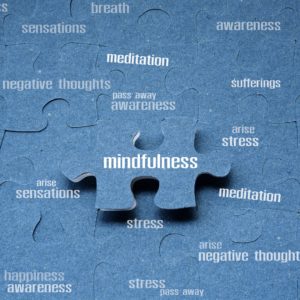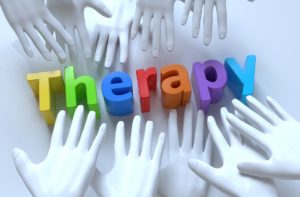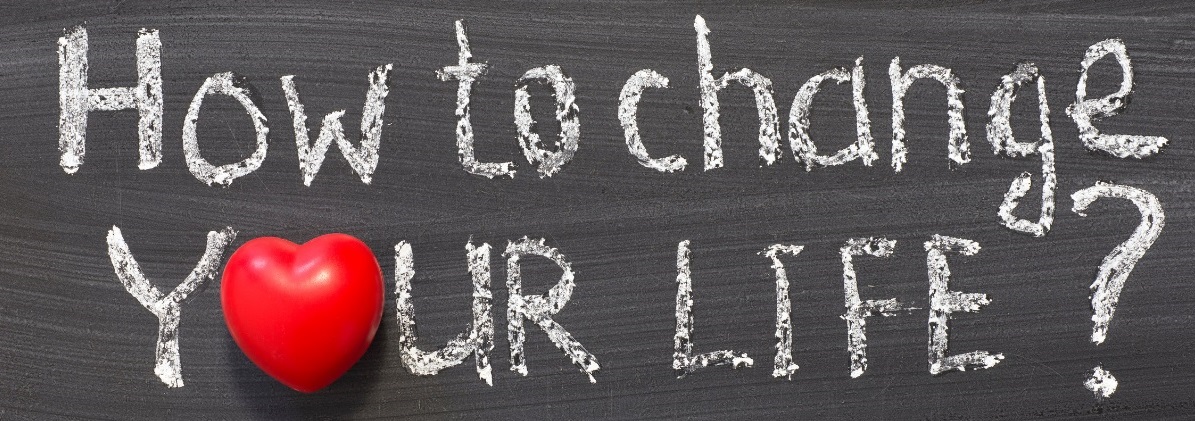 When you look at your life do you see where you could make positive changes in your life and overcome past traumas? Perhaps it is time to heal yourself from those traumas and create the best life for yourself.
When you look at your life do you see where you could make positive changes in your life and overcome past traumas? Perhaps it is time to heal yourself from those traumas and create the best life for yourself.
In order to fix your inner self, you need to fix your outer self as well.
First, take a look at where you are right now. Write down all the things that aren’t working about your inner self.
Do you have an addiction? Are you dealing with trauma? Is your family or friend circle good for your mental health?
With this deep dive into yourself, you will figure out what needs to be changed to make yourself better.
Addiction as an Example
 Let’s say that you are addicted to cigarettes. You’ve started kicking the habit for yourself, but you are still tempted.
Let’s say that you are addicted to cigarettes. You’ve started kicking the habit for yourself, but you are still tempted.
Maybe every day at noon you went to get a pack of cigarettes. Or maybe you smoked after work every day to cope with the stress.
Even though you are trying to kick the smoking addiction and heal your inner self, you need to change your outer environment to deal with those lingering habits.
This is the only way to make positive changes in your life and get rid of what is holding you back.
Every day at noon or after work, you will be dealing with cravings for cigarettes.
This is true even if you have the resolution to never smoke again.
So, you will need to do something else at those times where you would have originally smoked.
You might need to go see a friend, make a call, or do something else to get a new habit going.
Rather than smoking, you need to get your body comfortable with doing something else.
Making Other Changes
 Another way to make positive changes in your life might include having to let go of friends, objects, or even places that just aren’t in line with your values anymore.
Another way to make positive changes in your life might include having to let go of friends, objects, or even places that just aren’t in line with your values anymore.
You probably already know what needs to go whenever it comes to changing your life to heal your inner self.
While it can be hard to pull the metaphorical trigger, you will need to in order to fully commit.
Talk to people about some of the changes you want to make.
As well, seek counsel from people who have gone through what you have gone through.
They will have a lot of wisdom to share with you whenever you ask them how to heal your inner self.
The Change Might Be Hard
 Even though you might need to change, and know what you need to do to change, you might find a lot of resistance.
Even though you might need to change, and know what you need to do to change, you might find a lot of resistance.
It is not easy to try to change your habits and environment to better suit your needs.
Keep seeing the positive in making the change because the easy way out keeps your inner self broken.
Make sure to change your environment as best as you can, because the old place you were in was all about addiction.
Yes, it might be hard, and it might hurt. It might force you to do some things you wouldn’t normally do,
However, in the end, your inner self will be healed and you will feel even better for it.
Making The Change Stick
Of course, not all changes stick, so how do you keep it permanent so your inner self can heal?
Well, for starters, in order to make positive changes in your life you might want to make the change a goal.
Try to make the change for a week and see how you feel.
Then you will be able to make the change for another week, then a month until it becomes a habit you can stick to forever.
After some time living with these new changes, your inner self will adapt and heal for you.
How to Stop Self-Defeating Behaviors
 Any behavior that moves you further from your goals is self-sabotaging, self-defeating behavior.
Any behavior that moves you further from your goals is self-sabotaging, self-defeating behavior.
They are negative because they distract you from your goals and leave you feeling exhausted.
They may be a defense mechanism you rely on to cope with stress.
Or it could be an act of self-sabotage as you reach your goal. Sometimes, we get a little too comfortable in our comfort zone.
The more time you spend there the more confidence you lack, thus sabotaging your progress and keeping you frozen in place.
The Common Forms of Self-Defeating Behavior
- Physical neglect
- Mental neglect

- Social withdrawal
- Procrastination
- Perfectionism
- A refusal to accept or request help
- Comparing yourself to others
- Self-pity
- Sabotaging relationships
- Risky sexual behavior
- Over-spending
- Emotional eating, undereating, binge eating
- Self-harm
- Substance abuse
This list is by no means exhaustive, but these are just some of the common self-defeating behaviors people engage in.
Steps to Stop Self-Defeating Behavior
 If you are engaged in self-defeating behavior, you can take steps to rectify things.
If you are engaged in self-defeating behavior, you can take steps to rectify things.
In fact, in order to make positive changes in your life, you will first have to halt self-defeating behaviors.
The first step is to start by identifying those behaviors.
What behaviors are you engaging in that get in the way of you reaching your goals?
Self-awareness, reflection, and insight are key parts of uncovering these behaviors and beginning the journey to change.
First, Be Real:
You have to accept the fact that these self-defeating behaviors are having a negative impact on your life.
It’s time to stop minimizing, it’s time to stop rationalizing, it’s time to be real with yourself.
In fact, it is time to take each behavior in turn and examine the impacts it has on your life.
 As you begin this journey, be sure that you don’t get too down on yourself. It’s not a sprint.
As you begin this journey, be sure that you don’t get too down on yourself. It’s not a sprint.
You have to pace yourself because there will be moments you feel overwhelmed with self-doubt.
You aren’t weak. You’re not a bad person.
You’re a person and you will be dealing with a wide range of emotions. They are all valid, but they aren’t necessarily always accurate.
Give yourself space to process your emotions. Give yourself time to deal with your self-defeating behaviors.
It is Best to Avoid Impulsivity
Impulsiveness is not your friend.
If you know you’re guilty of emotional eating when you’re feeling stressed, then you have to take steps to keep tempting food out of your home.
If you know anger and frustration cause you to go on an online spending spree, take steps to block those websites.
Whatever it takes to avoid giving in to the impulsivity that is negatively impacting your life.
Practice Mindfulness Meditation
 When you focus on the present it can help you shut out all of your distractions and the result is being able to make positive changes in your life.
When you focus on the present it can help you shut out all of your distractions and the result is being able to make positive changes in your life.
Practicing mindfulness meditation is a great tool to identify the behaviors and emotions that are tripping you up.
It’s also an effective tool for relieving stress and anxiety.
Do a Little Self-Reflection
You can self-reflect by taking quiet time daily or through journaling.
Either is a great way to notice patterns of behavior to build better behavior.
Try a Little Therapy
If all else fails, seek professional help.
 You may reach a point where you have done as much as you personally can.
You may reach a point where you have done as much as you personally can.
If you’re still struggling to overcome your self-defeating behaviors, then a professional can help guide you moving forward.
The right therapist can help you identify triggers that cause those self-defeating behaviors.
More importantly, they can provide you with the tools you need to defeat them and replace them with healthier options.
They can help you deal with urges and thoughts and get in tune with your body and what it’s telling you.
5 Small Habits That Will Change Your Life Forever Video:
In order to make positive changes in your life, it is going to take a little bit of work on your part, but it will be worth it in the end.
Living in the same environment, doing all the same things, and not making any changes won’t get you what you want out of life.






